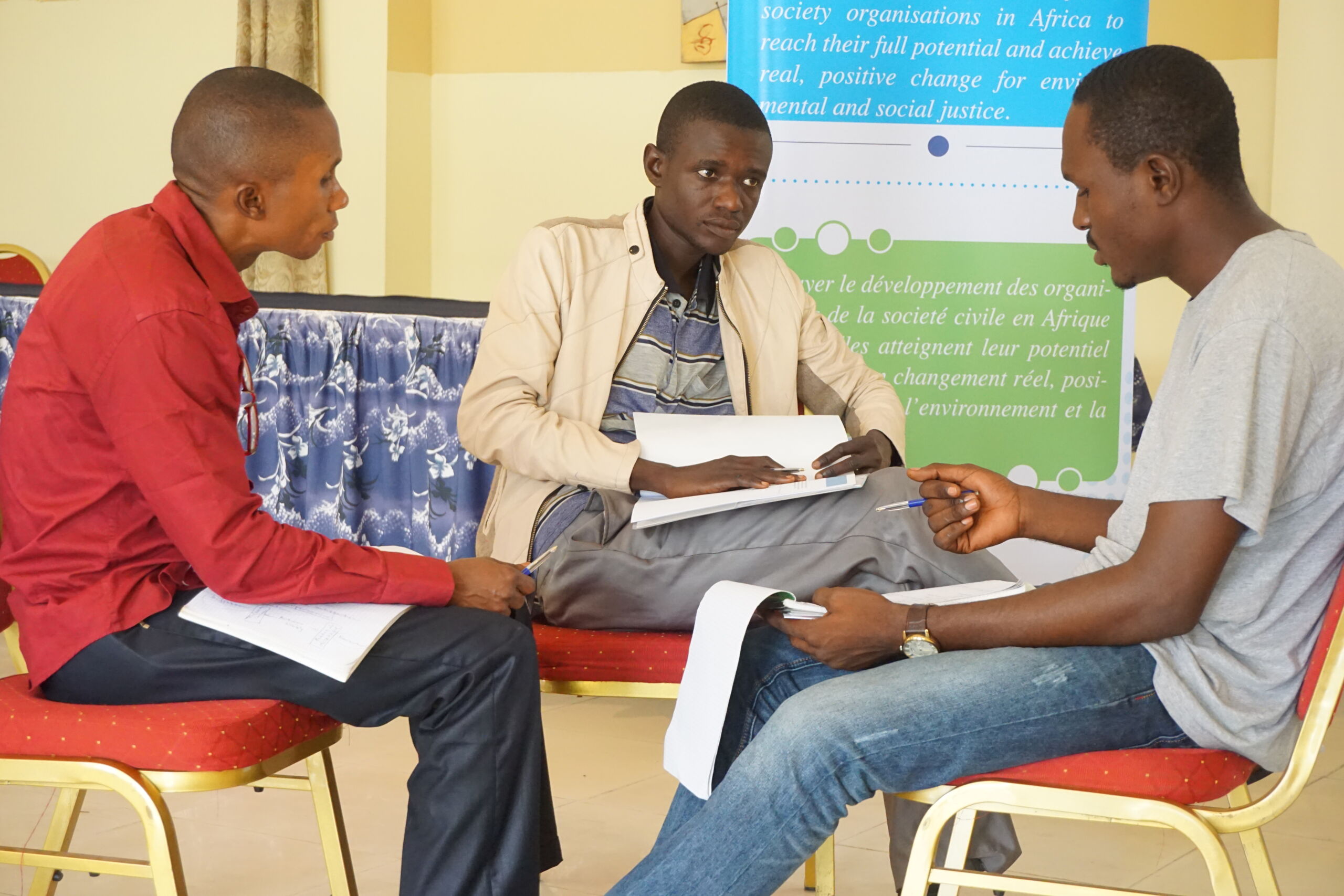While we may sometimes think of an organization as a structure, something more or less permanent, organizations are, of course, never static things. They are always in process – their visions change, as do their missions, structures, activities, donors, and staff. One of my biggest learnings has been that to truly appreciate the nature of process and change in organizations, I have had to work at seeing the world very differently. A big part of this has been learning to see that everything is in relationship, and that understanding and working with relationships is key to organizational development. The relationships may be between staff members, between staff members and their organization, between staff members and donors, between the organization and its clients, and so on. For me, one of the best ways of understanding and appreciating these relationships and the ways in which they change is through conversation.
A conversation is different to a discussion, and while both are important they have very different qualities. Discussions are frequently used in planning and decision making; different points of view are weighed up, arguments for and against a particular course of action may be considered, and there may well be an element of judgement involved. The purpose is often to come to some sort of conclusion. The purpose of a conversation, however, is exploration and deeper understanding of a topic or situation. There is no judgement, and no intention of coming up with the “right” answer because in a conversation there is no “right” answer. There is also no flipchart waiting to be written up with “next steps” although new insights may give rise to fresh ways of doing things.
When participating in a conversation, two skills become especially important. The first is listening in a different way, with openness and a willingness to really hear what the other person is saying without criticism or judgement. It is not about waiting impatiently for one’s own turn to speak, or listening with the purpose of responding with an argument. The other skill is the ability to speak with integrity – as honestly as one can from out of one’s own experience and view of the world. It is about sharing our views and understandings with our listeners, not in order to convince them of our viewpoint, but rather to add to the richness of the growing and deepening story which emerges from hearing all the participants. During this process, questions can be especially helpful, and asking the right question at the right time is another valuable skill to cultivate.
When facilitating a conversation, I first ask participants to spend some time on their own, clarifying their own thoughts on the topic or question, perhaps making a few notes. This time is important, because it is difficult to converse with another person if one hasn’t first clarified one’s own thoughts. Next, I ask participants to get together in pairs or groups of three and start the conversation, taking it in turns to speak. This allows everyone to share what they have to say in a smaller, safer space. Only when everyone has had a chance to listen and speak in this way do I ask everyone to get back together in the larger group to converse further.
I always find conversations deeply satisfying. Participants invariably gain new insights, often seeing themselves and others in new ways – more understanding, more accepting of who others really are. Sometimes, participants say that for the first time they felt that they have been heard. Also, tense organizational situations may be defused as conversations help colleagues to listen beyond what appears to be the immediate problem and understand the issue with greater insight.
I am not claiming that conversations are the only mode of engagement required in an organization; there is obviously place for a wide range of different ways of speaking and listening. What I am saying is that we all need to make time in our busy organizational lives to slow down, to truly listen to others, and learn to speak from our hearts. For anyone keen to practice the art of conversation, an excellent resource is: Block, P. (2008). Community. The structure of belonging. San Francisco, Berrett-Koehler Publishers.

